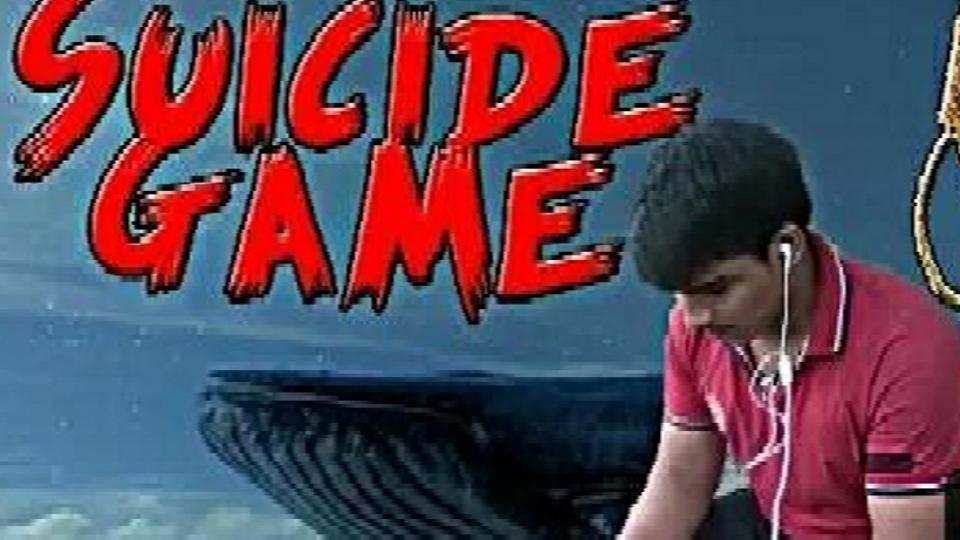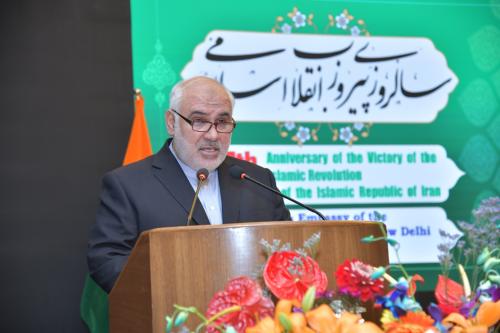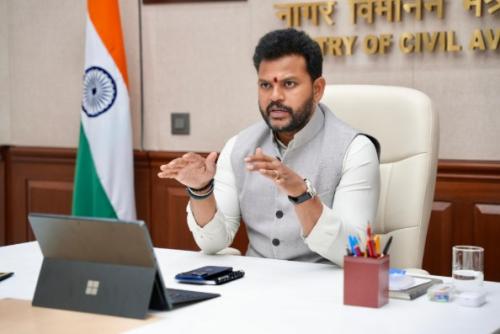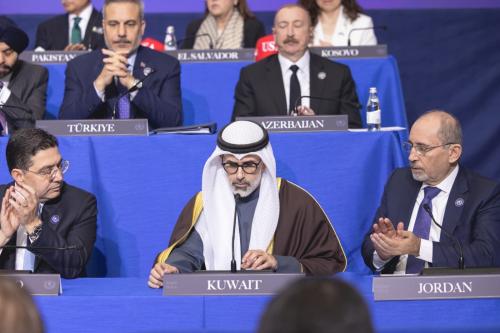New Delhi: Last week, Supreme Court judge, Justice Madan Lokur, brought up an issue that often fails to get adequate notice, unless things really get out of hand: the online abuse of children. Speaking at a seminar in New Delhi, Justice Lokur emphasized the need to look at violence against children in a larger context — going beyond physical violence to look at psychological violence inflicted through online sources. In the past two years or so, there has been a spate of incidents involving children and the darker side of the Internet, be it pornography, cyber bullying, or online games such as the Blue Whale Challenge or the latest deadly online game, the Momo Challenge. The Momo challenge, similar to the Blue Whale challenge, consists of a variety of self-harming dares, which becomes increasingly risky as the game progresses and it finally ends with a suicide challenge. The threat to children from online sources has become so serious that technology giant Google has announced that it is employing a new Artificial Intelligence (AI) to combat online spreading of content involving child sexual abuse. The new AI technology, Google said, will significantly help service providers, NGOs and other tech firms to improve the efficacy of child sexual abuse material detection and reduce human reviewers’ exposure to the content. This development is important since the effects of such violence have strong, long-lasting effects on the physical and mental health of the young victims. The direct and indirect economic costs are substantial because such abuse undermines the long-term potential of both victims and societies. In a scathing commentary on the lack of preparedness of Indian lawmakers and agencies in protecting children from the menace of online abuse, a 2016 report by Unicef India said the issue has received very little attention and is not even included in the National Crime Records Bureau statistics as a separate category. Such cases are often not registered or investigated because of limited understanding of child online offences system. Also, there is not enough forensic capacity to investigate online offences and inadequate cooperation by India for investigating international offences. Given the nature of the menace, only a collective effort of all stakeholders, including service providers, content providers, civil society and regulatory authorities, can help redress it. Young lives are at stake and there is no time to waste.
The law must find ways to deal with online abuse of children
- by Rinku
- September 17, 2018 2 minutes

Suicide game











